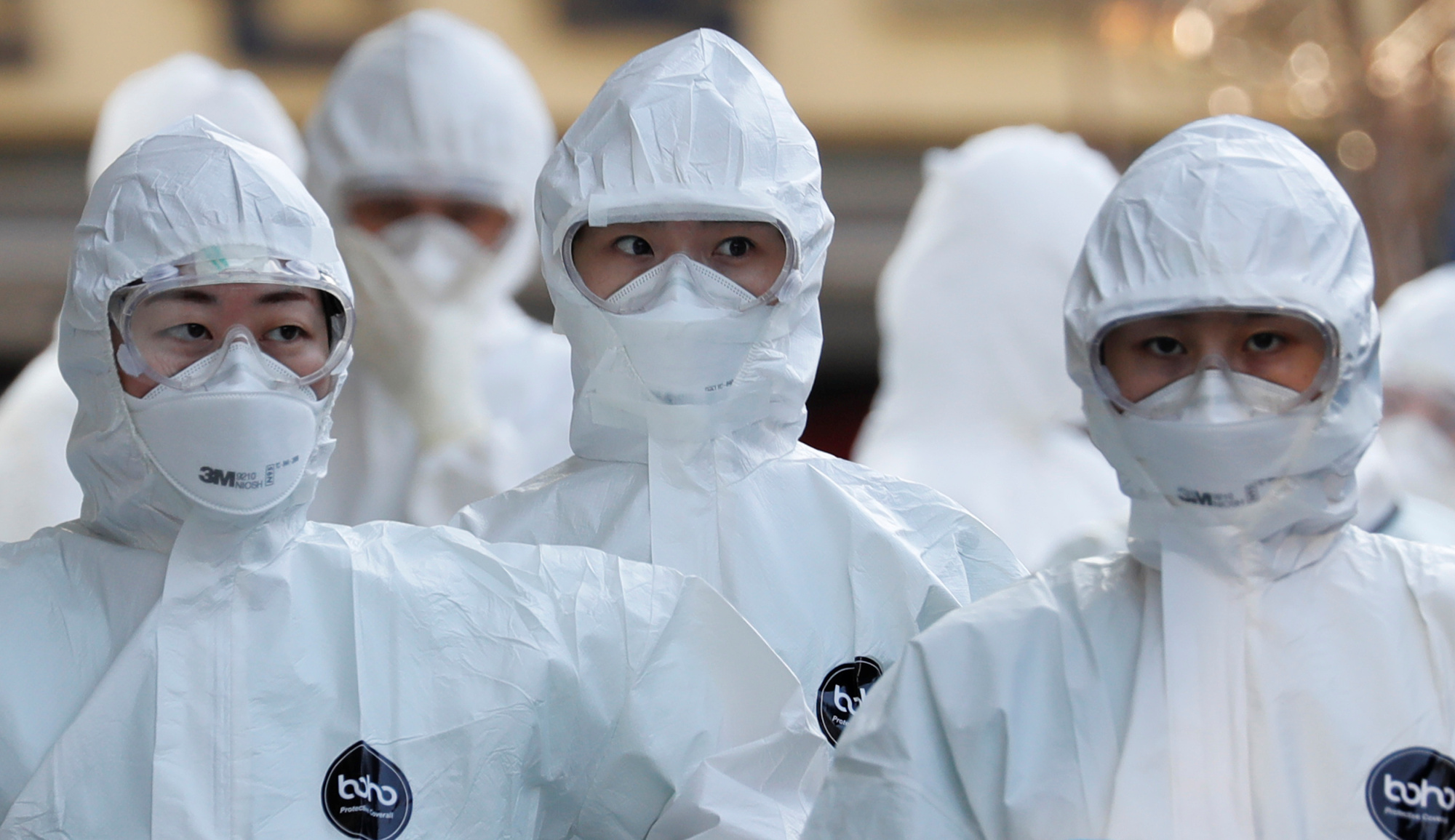The new coronavirus causes little more than a cough if it stays in the nose and throat, which it does for the majority of people unlucky enough to be infected. Danger starts when it reaches the lungs.
One in seven patients develops difficulty breathing and other severe complications, while 6 percent become critical. These patients typically suffer failure of the respiratory and other vital systems, and sometimes develop septic shock, according to a report by last month's joint World Health Organization-China mission.
The progression from mild or moderate to severe can occur "very, very quickly," said Bruce Aylward, a WHO assistant director-general who co-led a mission in China that reviewed data from 56,000 cases. Understanding the course of the disease and identifying individuals at greatest risk are critical for optimizing care for a global contagion that's killed more than 3,500 people since emerging in central China in December.


















With your current subscription plan you can comment on stories. However, before writing your first comment, please create a display name in the Profile section of your subscriber account page.